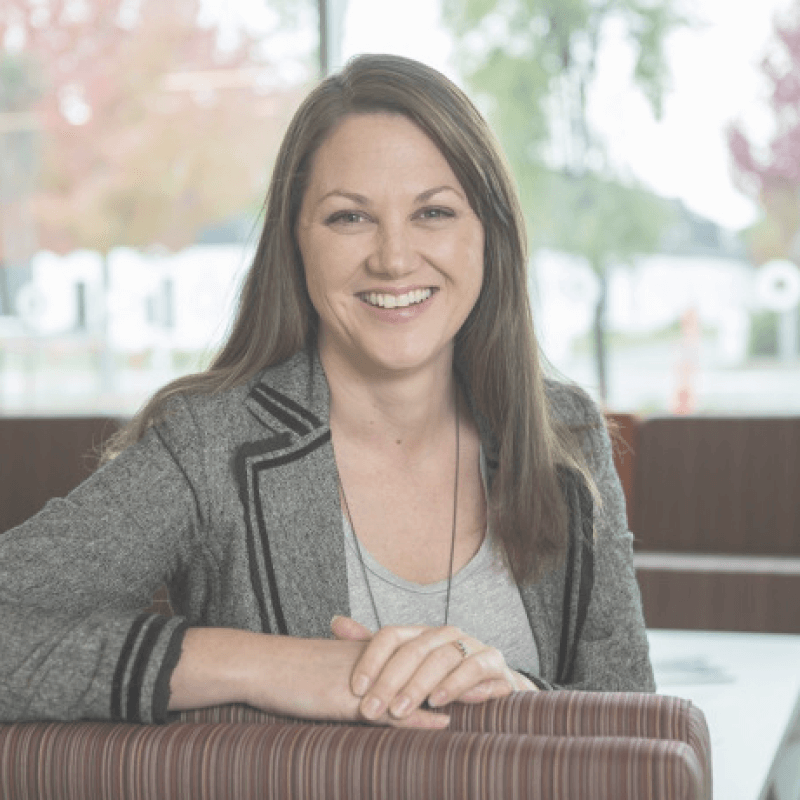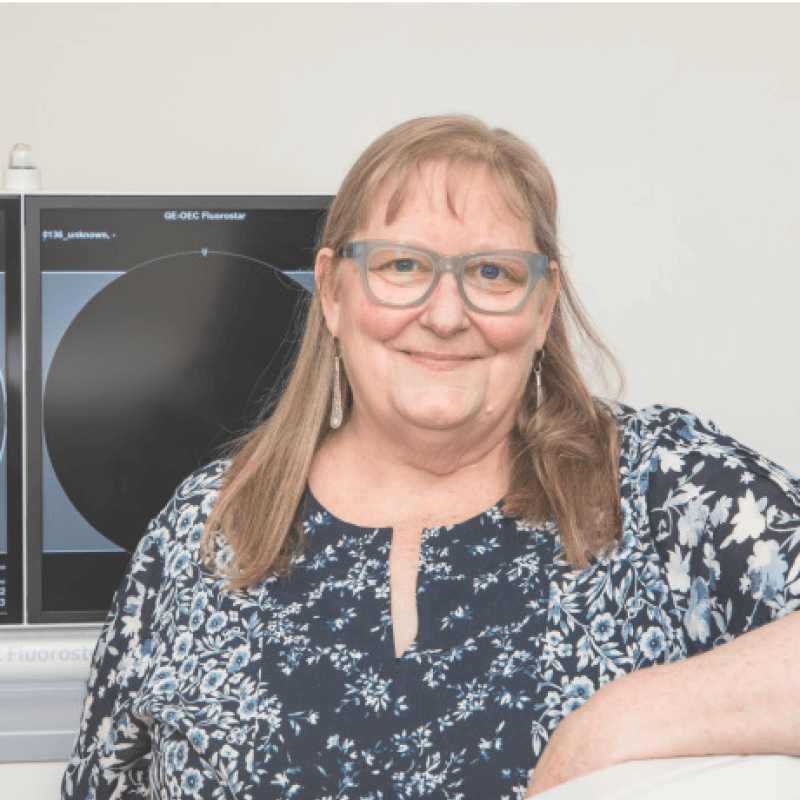Swallowing Physiology
Anatomy and Physiology of Deglutition
Are you caring for someone who has difficulty swallowing (dysphagia)? Understand more about the complex physiological mechanisms involved. Award-winning UC academics share their latest insights in this field.
Developed by Dr Phoebe Macrae and Professor Maggie-Lee Huckabee.
Overview
This course is ideal for
- Speech and language pathologists
- Nurses and nurse aids
- Physiotherapists
- Occupational therapists
- Otolaryngologists
- Specialists or clinicians who advise on swallowing disorders
What you'll learn
- The anatomical, physiological, and developmental mechanisms that support normal deglutition
- The major structures of the upper aerodigestive tract and their purpose for swallowing-related functions
- The role of nervous system structures for sensorimotor control of swallowing processes
Course outline
Our courses are flexible, enabling you to plan your study around your other commitments.
Assessments
- Module 1 = 10% (submit assessment 1)
- Module 2 = 25% (submit assessment 2)
- Module 3 = 10% (submit assessment 3)
- Module 4 = 10% (submit assessment 4)
- Module 5 = 45% (submit assessment 5)
Upon successful completion of the course you will be issued a digital badge to recognise your learning achievements. This can take up to 2 months to be delivered after the marking and feedback period.
Requirements
There are no prerequisites for this course, but a basic understanding of anatomy and physiology will help you understand the more technical terminology.
This course is for anyone interested in learning more about the anatomy and physiology of swallowing.
People diagnosed with issues related to dysphagia and those with a professional interest will benefit from this course.
Technology Requirements
We recommend a laptop or desktop computer and a reliable internet connection. For most courses you'll need to download and populate assignments. These are usually available in Microsoft Word.
Course fees
Course fees must be paid before learning can begin, either via online credit-card payment, or by contacting info@uconline.ac.nz to request an invoice. Please note: fixed invoice payment dates apply, so we recommend getting in touch with us as soon as possible to request an invoice, as this option is subject to availability.
Minimum enrolment threshold
Please note: Tuihono UC | UC Online has a minimum enrolment threshold that must be met to enable opportunities for interaction, discussion, and feedback. If the minimum number of enrolments required for a course is not met, enrolled students will be given the option to defer their enrolment to the next course date, or receive a refund.
Our people

Dr Phoebe Macrae
Senior Lecturer | Deputy Director of the University of Canterbury Rose Centre for Stroke Recovery and Research
Dr Macrae is also a senior lecturer in the School or Psychology, Speech, and Hearing. She completed her undergraduate degree in Speech and Language Sciences, and her PhD in dysphagia rehabilitation at the University of Canterbury. She also completed a two-year post-doctoral fellowship at Johns Hopkins University and is a Rutherford Discovery Fellow.

Professor Maggie-Lee Huckabee
Distinguished Professor | Director of the University of Canterbury Rose Centre for Stroke Recovery and Research
Please note: our academic team develop and present video content within their courses, but are not always the course facilitator. The course facilitator will engage with learners in the course forums, answer queries and mark assignments.
$1000 NZD
incl GST where applicable$2000 NZD
incl GST where applicableWant to stay in the loop with our next course occurrence?